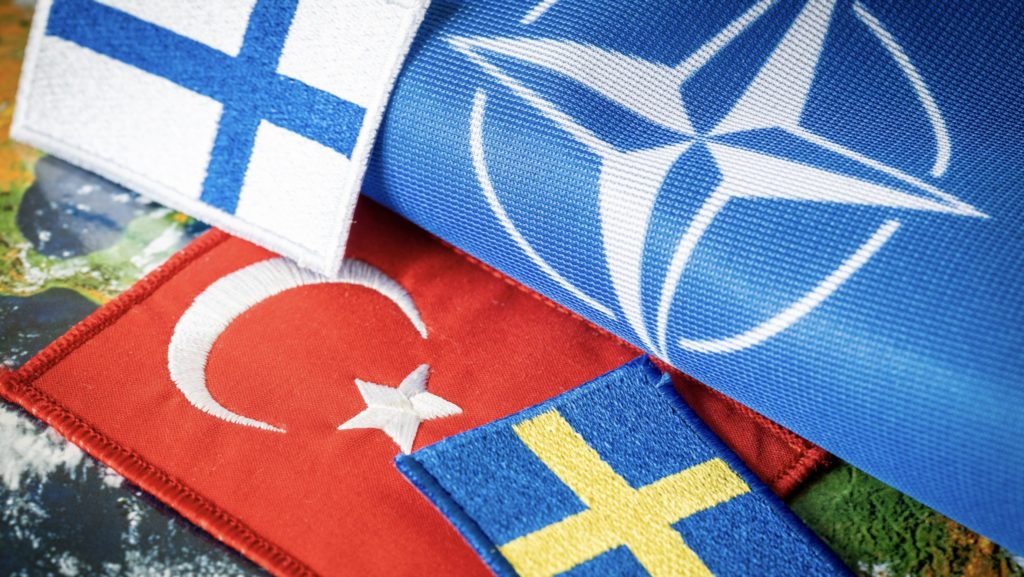
Due to heightened tensions in the Baltic Sea region, local political leadership of Bornholm, Denmark, demands full time presence, with around-the-clock response capability.

News outlets downplayed the prime minister’s proposal to give police “expanded jurisdiction” to seize illegal weapons from members of criminal gangs.

NATO expansion into the Nordic region of Europe could unnecessarily escalate tensions with Russia. In doing so, the expansion could cause a conflict which would not be in the interest of the United States.

Ryanair responded to the penalty by pointing to EU law, which permits airfare pricing within the union “without interference from national governments.”

Trump is a credible presidential candidate in 2024. What does it say about President Biden when his Department of Justice orders a police raid on the home of his most likely opponent in the next election?

While the Polish parliament has passed legislation to meet demands from Brussels, Commission President Ursula von der Leyen believes “those measures have not gone far enough.”

In less than three months, Americans will vote in a midterm election to decide their state-elected congressional representatives. The stakes are high, since many trends in American politics are decided at the state level.

The shooting is the latest in a series of incidents along the border between Serbia and the breakaway province.

I wanted to read irrefutable evidence that the Russian economy had suffered deeply and perhaps irreversibly from the war. As I kept reading the report, my hopes fell flat. This is nothing more than an academic propaganda pamphlet.

Government officials have carefully ignored the need for more fiscal conservatism. Looking at the threat of a new debt crisis, investors and taxpayers alike expect nothing more spectacular from their current leaders than a new round of put-out-the-fire austerity packages.

The socialist welfare state is inherently unaffordable. It destroys its own tax base and leads to economic stagnation.

The inflation rate dropped from June to July in five countries.